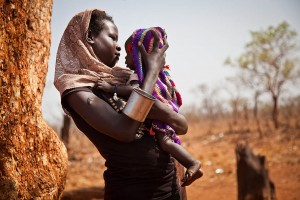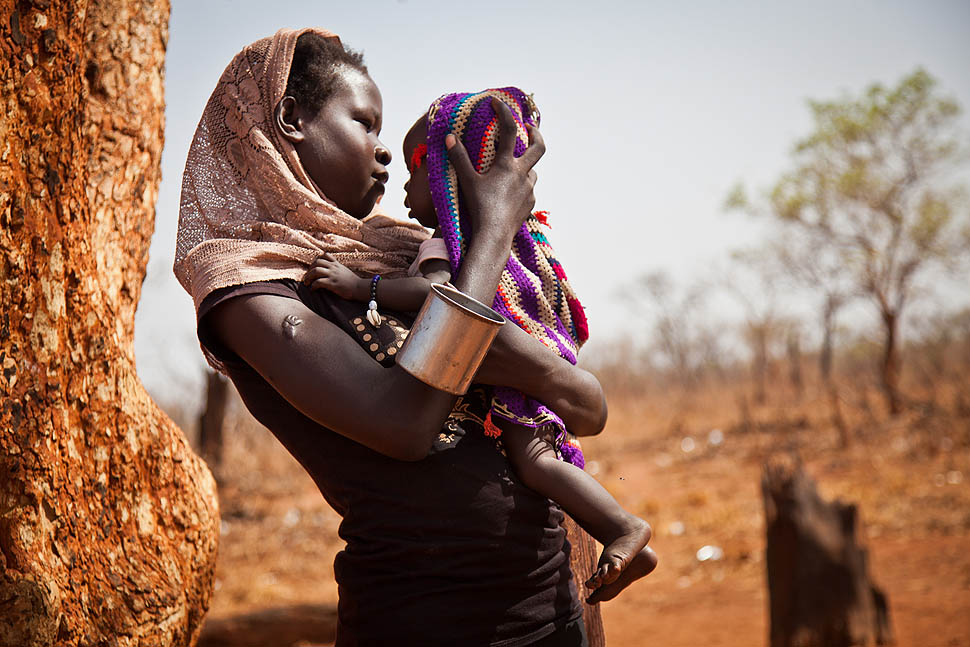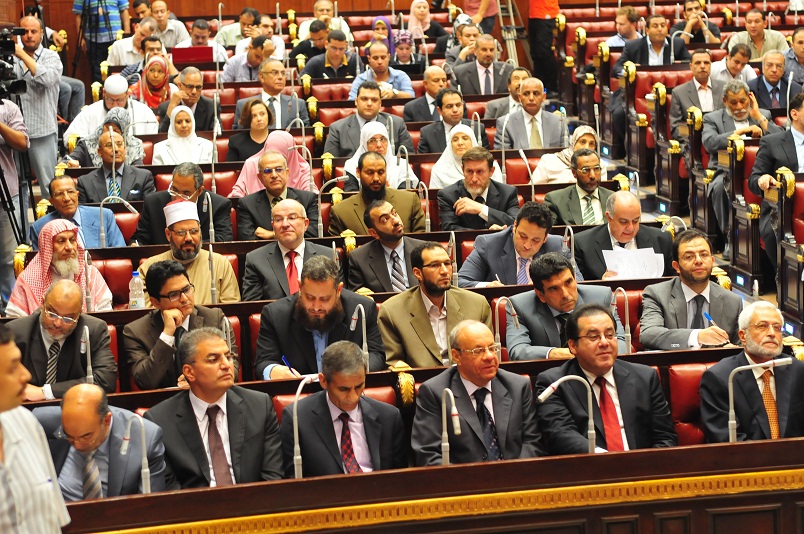
Hassan,* a political activist from Sudan told us his story and spoke of the living conditions Sudanese refugees face here in Egypt.
Where do you come from in Sudan?
Originally I am from the North of Sudan, Darfur specifically. I have been in Egypt since 2004. Throughout this period, living in Egypt has been tough, especially for foreigners and above all for refugees. It is hard to find work; this is generally one of the biggest problems refugees face. Many people in Egyptian society do not understand what a refugee is, why we as refugees are here, and why we left our country.
Sometimes you face harassment that is lighthearted but at times it is to do with skin colour. This harassment usually comes from simple people with a modest educational background who do not know why we are here or think we came to take their jobs.
The challenge is in one’s ability to overcome this harassment; some people try to integrate in and assimilate with Egyptian society, while others find it extremely hard to get over the harassment which affects their lives on a daily basis and their level of interaction within their communities. For me, living here for eight years and not knowing about my future constantly puts a psychological burden on me.
Why did you flee Sudan?
I was detained in Sudan for political reasons in a famous prison called “Kobar.” The Sudanese government persecuted those who criticised its policies and if you were someone who was critical of it and outspoken, then you could be convicted for breaking the law and conspiring against the interests of the country. This is how Sudan lost many of its people. Some were kept in detention, some lost their lives, and some escaped to other neighbouring countries such as Uganda, and Chad. The people who left the country have suffered in two ways; internally in Sudan from the government’s persecution and externally in the recipient countries where Sudanese refugees suffer as well.
To be completely honest, of course staying in Sudan was worse than living in Egypt because in Sudan the persecution is both verbal and physical; in Egypt it is mostly verbal harassment and sometimes bad attitudes. However, the Sudanese who chose to come to Egypt had certain expectations that this country that had long historical and cultural bonds with Sudan would be a better refuge for them. The question remains, have their expectations been fulfilled? The answer is relative, but at the time when the whole world condemned the war in Darfur, when over one million people lost their lives, we came to Egypt to find no sympathy or understanding of the conflict we escaped. The old Egyptian regime used to look at the Sudanese government and not the people and that’s why the Sudanese refugees who come to Egypt are frustrated.
After eight years in Egypt, what is your status as a Sudanese refugee?
I am not a refugee yet! I still carry a yellow card which means I am a protected person and that I should not be returned to Sudan, but I am not yet a refugee. In 2004-2005, the United Nations High Commission for Refugees made a decision to stop conducting interviews for Sudanese people who want to be recognised as refugees. In 2009, I think they went back on that decision and started to conduct some interviews and granted a blue card to those in need or with dire medical needs. However, the percentage is tiny.
You were in Egypt when the revolution happened. How did the revolution change conditions for you on a personal level and for your refugee community?
When the revolution happened many refugees of different nationalities fled Egypt fearing the insecurity in the country. However, this does not apply to Sudanese refugees; they stayed. They were optimistic about what the Egyptian people did and they expected that Egypt after the revolution would be a better place for them. Many of the Sudanese refugees are politically aware and that’s why they understand the transitional stage Egypt is going through. Now, we feel that the country is changing, even though it is not affecting us yet, but we are noticing it.
However, I also observe and hear many complaints about harassment that some Sudanese faced after the revolution, particularly women. Many of these incidents take place in slum areas that are harsh to live in.
Also, Sudanese refugees observe how the Egyptian people and civil society organizations are reacting towards the adversities that are taking place in Syria by organising workshops for the number of Syrian refugees who came to Egypt and wonder if these efforts have to do with racial discrimination. When Sudanese refugees came to Egypt, there was very little awareness about the war in Darfur and the millions who lost their lives.
Little help was provided to them. We did not want monetary help; we wanted psychological workshops to help refugees get over the traumas they experienced. It is saddening to see very different reactions for the same crimes against humanity and unfortunately colour is the first thing that comes to mind.
Currently Egypt is drafting its new constitution and soon new laws will be passed. What issues would you want to see addressed within the new constitution with regards to refugees?
There are priorities. We realise that the country is going through transition; this is not the right time to raise our demands. We should wait for Egypt to be more stable and for all institutions to be working at full capacity. Only then can we demonstrate our desire to revise the different agreements and processes applied to refugees in Egypt.
*Name has been changed to protect identity




